A popular alternative to the tenure track is industry. This panel was designed to meet that disconnect head‑on—giving graduate chemistry students a candid, unfiltered look into the transition from academia to industry.
Held in June 2025, the virtual panel brought together five professionals working at the intersection of science, technology, and innovation. Each was a former researcher, each had walked the same halls—and each now uses their PhD training to solve problems beyond the lab.
Their stories didn’t just inform; they redefined what’s possible. We evaluate the event using the SDD framework—Scale, Depth, and Duration—to capture how many trainees it reached, how deeply it shifted thinking, and how long those lessons are likely to last.
⭐️ Key Takeaways
- Diverse representation built relevance, with five panelists from different sectors helping participants see multiple, attainable versions of success beyond academia.
- Career clarity and commercial insight saw the largest gains, with academic-to-commercial understanding up +2.64 points and career path clarity up +2.45.
- Every participant left with concrete next steps, from informational interviews to tailored application materials, signaling readiness to act.
- Failure was reframed as a career skill, with panelists modeling iteration, adaptability, and cross-functional communication as essential for long-term impact.
Broad Access to Diverse Industry Voices

Roughly thirty MONET trainees joined live, with additional views expected from the recording. The five panelists represented a spectrum of sectors—pharmaceuticals, polymers, adhesives, apparel innovation, and vision science—covering roles in bench research, applied science, instrumentation leadership, and innovation management. This diversity allowed participants to see multiple credible versions of success and understand that career trajectories can take many forms.
“The skills that you’re learning as a PhD can be really applied to any career that you want to do.” — Erin Finley, ThermoFisher
The range of perspectives also gave participants a clearer view of what career satisfaction can look like outside academia.
“Industry has given me the opportunity to work on problems that matter to people right now, while still using the same curiosity that drove me in the lab.” — Cameron Brown, Eastman
For some, simply hearing the range of roles that exist was transformative.
“It was very valuable to someone who knows very little about industry jobs.” — Graduate Student
This mix of panelists underscored a consistent message: the technical, analytical, and communication skills developed during a PhD have broad applicability across sectors.
Fortunately, I had the chance to see both industry and academic paths up close. Hearing directly from distinguished alumni who took the time to share their experiences changed my perspective. They showed me that the skills I was building were not only relevant outside of academia, but they were essential.
Critical thinking. Challenging claims. Navigating complex documents and translating them into accessible language. Presenting data and findings with clarity. Writing — constantly, and for varied audiences. These are the skills I use every single day in my industry role, and they have proven far more valuable than I ever imagined during those anxious months in grad school." — Yasmina Demaj, M.S.
From Awareness to Actionable Momentum
The panel moved participants from passive awareness to active next steps. 100% of matched respondents (n=11) reported increased confidence in at least one skill area—meaning every participant left with a stronger sense of readiness somewhere in their career toolkit.
The biggest shift came in understanding how academic research translates to commercial applications. Scores rose an average of +2.64 points, with the median jumping from 5 (moderate understanding) to 8 (high understanding). This means most participants went from having a partial grasp of how research reaches market to feeling well-equipped to explain and apply that process.
Trainees reported major gains in understanding how academic research translates to commercial applications, with confidence scores shifting upward across nearly all participants.
Understanding different career paths followed closely, increasing +2.45 points on average. Ten participants improved and one stayed the same—clear evidence that the panel broadened nearly everyone’s perspective on viable industry options.
“You have to build some amount of interest and credibility—not just interact when it’s convenient.” — Zach Kean, Dow
Value proposition (+1.91) and transition to industry (+1.55) also improved significantly. In practical terms, nine participants became more confident in explaining the relevance of their research to non-academic audiences, and seven felt better prepared to make an industry move.
Participants increased their confidence in articulating the value of their research to non-academic audiences, with clear upward shifts after the panel.
Networking readiness—measured as uncertainty—also shifted in a positive direction. Before the panel, several participants rated themselves as moderately to highly uncertain about networking with industry professionals. Afterward, three moved into low-uncertainty territory, and the overall uncertainty score dropped by 1.09 points (lower = better).
“Networking is such an ick word… I realized it’s just being curious about other people.” — Danielle Witek, Under Armour
The panel’s focus on actionable steps ensured these gains were more than theoretical. All participants named at least three specific actions they would take to explore industry connections, including:
- Scheduling informational interviews.
- Updating LinkedIn profiles and reaching out to panelists.
- Tailoring application materials for industry positions.
“Don’t be afraid to reach out. The worst someone can say is no, and most of the time they’ll actually be flattered that you asked.” — Erin Finley, ThermoFisher
Lessons That Stick
The panel’s candid stories reframed failure as a skill—not something to avoid, but something to practice and grow from.
“I can promise all of you that we fail somehow every single day… and part of our company is to always continuously improve.” — Erin Finley, ThermoFisher
“I think maybe the most important skill might have been just failing—having the ability to fail.” — Zach Kean, Dow
Participants also left with a deeper understanding of which academic strengths transfer directly to industry roles. Skills like fundamentals, method development, and instrument fluency were reframed as versatile tools.
“You don’t need to have everything figured out right away. Every experience builds on the next, and that’s what prepares you for where you end up.” — Nick Van See, Avery Dennison
“Stick with a deep understanding of fundamentals as your foundation—then you can translate it to lots of different applications.” — Cameron Brown, Eastman
Data shows these lessons are likely to last:
- Academic to commercial applications saw the largest sustained gain (+2.64 average, +3.0 median change), moving most participants from a moderate score of 5 to a strong 8.
- Career paths followed closely (+2.45 average, +2.0 median change), reflecting a broadened understanding of industry opportunities.
- The majority improved in every confidence area, with declines rare and often due to already high pre-panel scores.
Participant reflections on lasting impact:
Most trainees found the career transition process and networking strategies equally valuable, while fewer emphasized academic–industry translation or felt all topics were equally relevant.
“It was very valuable to someone who knows very little about industry jobs.”
“The importance of networking when it comes to career building.”
“Collaboration and the skills needed to do so effectively.”
These shifts—toward adaptability, resilience, and practical communication—extend well beyond the panel itself. They represent a fundamental reframing of participants’ self-perception, confidence, and career possibilities, likely to shape decisions long after the event.
Conclusion
The Industry Career Pathways Panel achieved what few single events can: it broadened perspectives, built confidence, and left participants with a clear roadmap for action.
In just ninety minutes, it delivered high-SDD impact:
- Scale: Thirty trainees gained direct access to five accomplished industry professionals across multiple sectors—each offering a different, relatable path from academia.
- Depth: Every participant improved in at least one skill area, with the largest jumps in academic-to-commercial understanding (+2.64) and career path clarity (+2.45). Networking uncertainty dropped, and all left with actionable next steps.
- Duration: Panelist insights reframed failure, adaptability, and communication as enduring career assets. Participant reflections show that these shifts will inform how they approach opportunities long after the panel.
By combining authentic storytelling with concrete strategies and clear data, the panel didn’t just inform—it transformed. Participants walked away not only imagining their place in industry, but actively preparing to claim it.
Let's Collaborate!
If you're interested in outreach evaluation, activity design, or data visualization, please connect with Dr. Rosa!
Click Here to ConnectThank you for reading, if there are any templates or resources our team can provide, feel free to reply or comment below.
Let's make impact make sense!
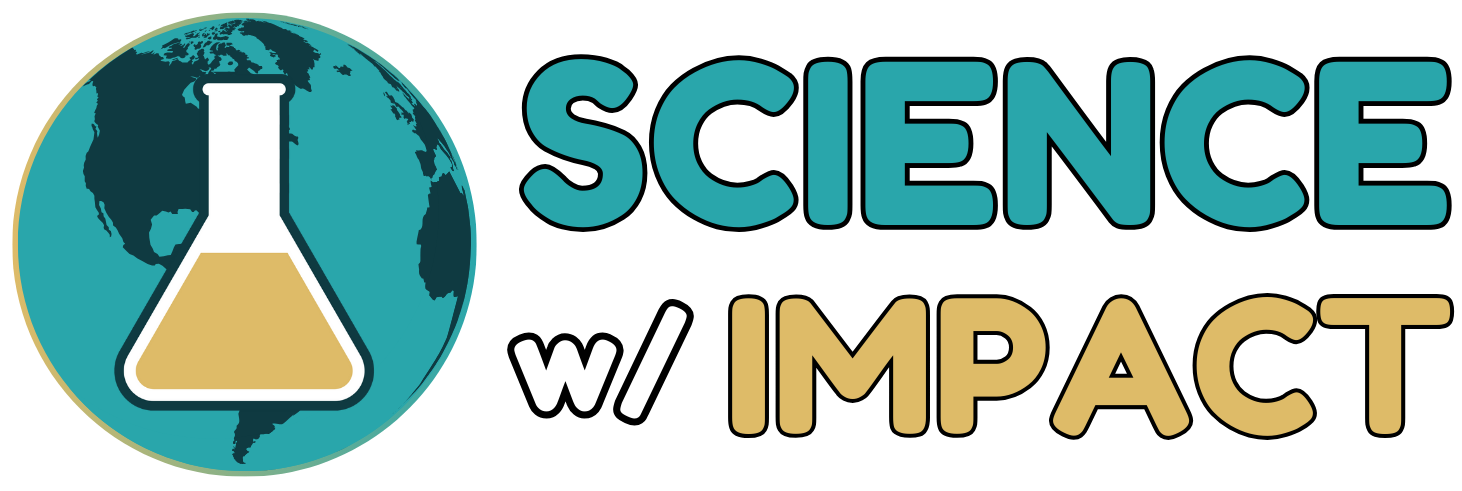
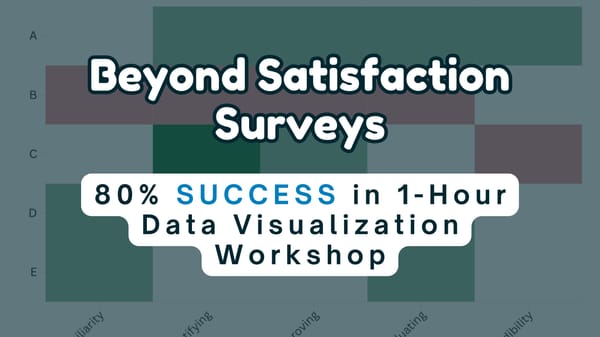
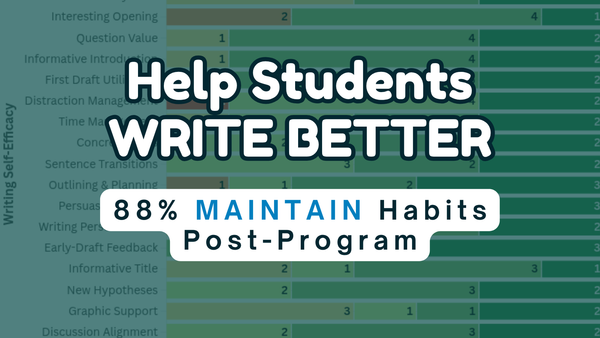
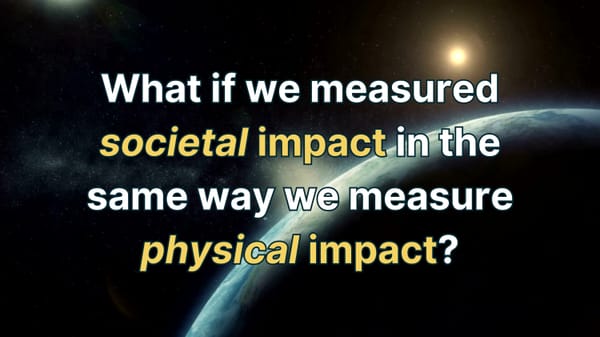
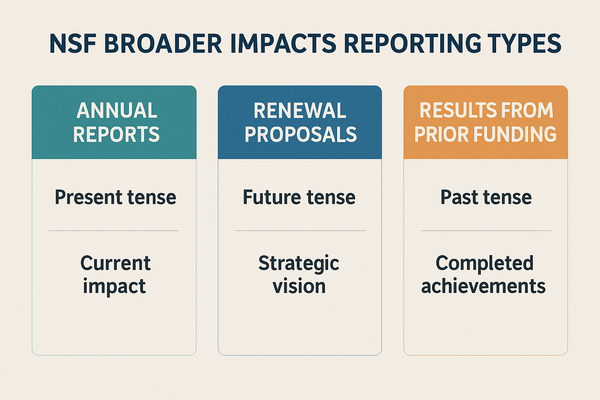
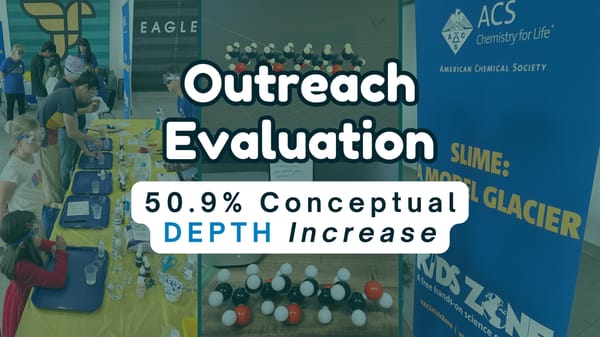
Member discussion